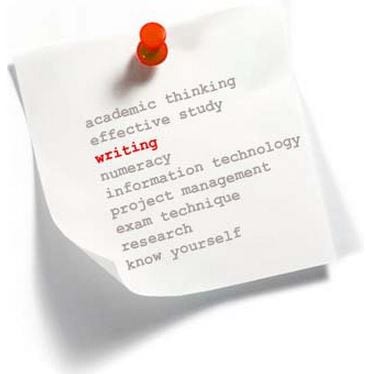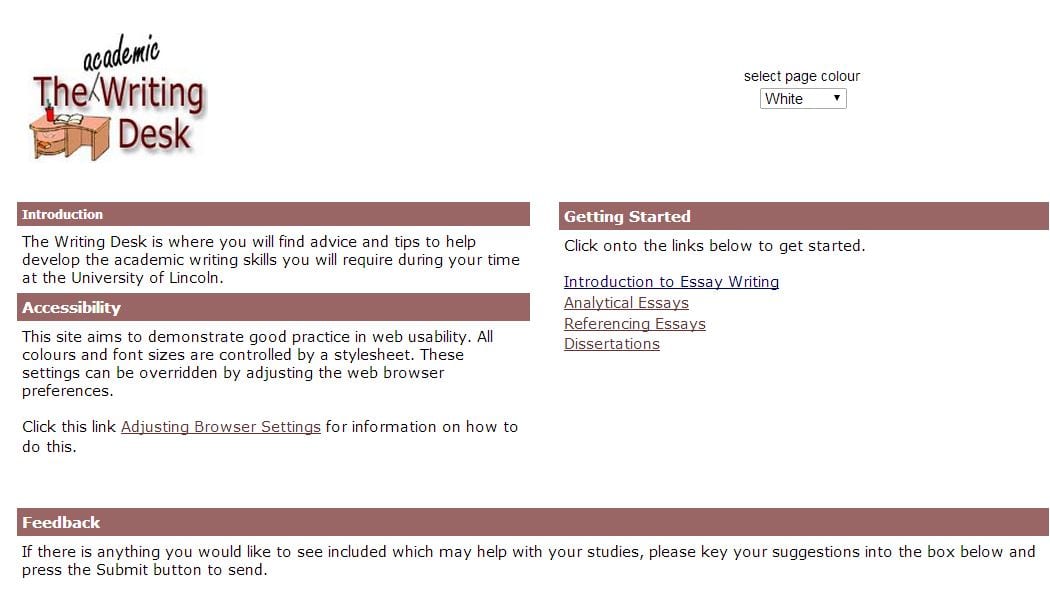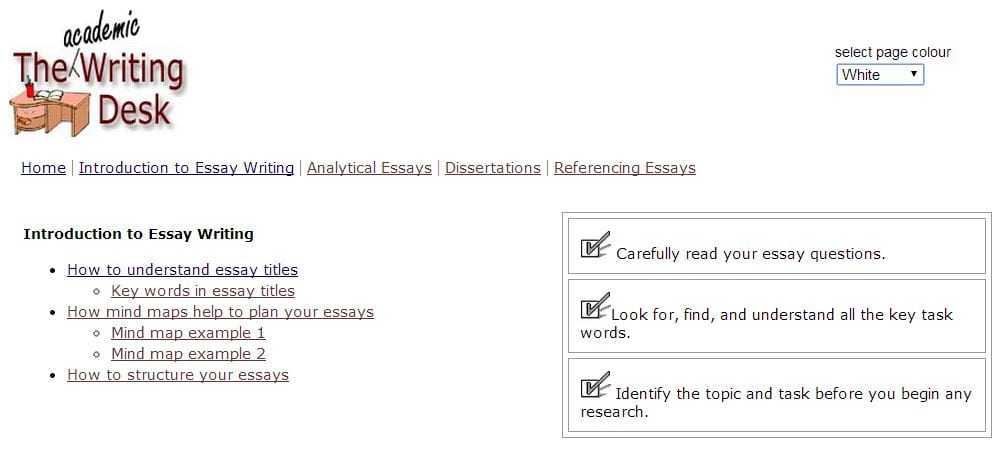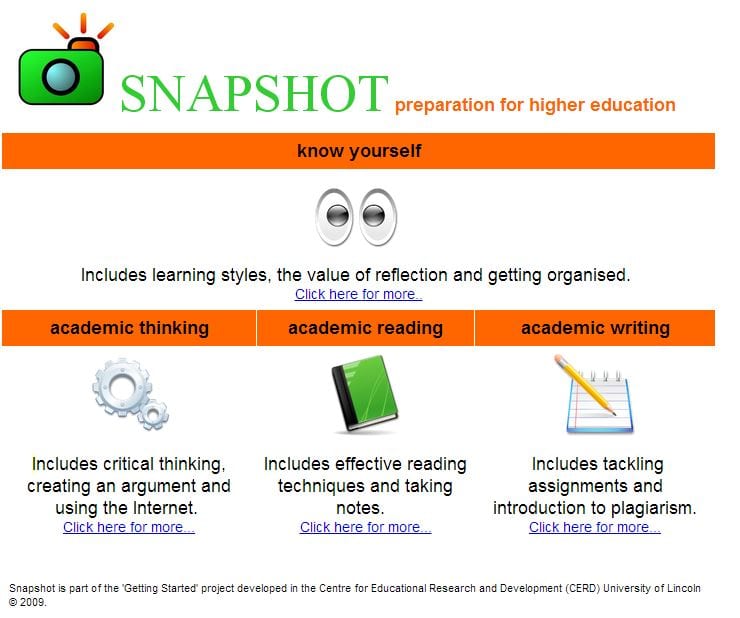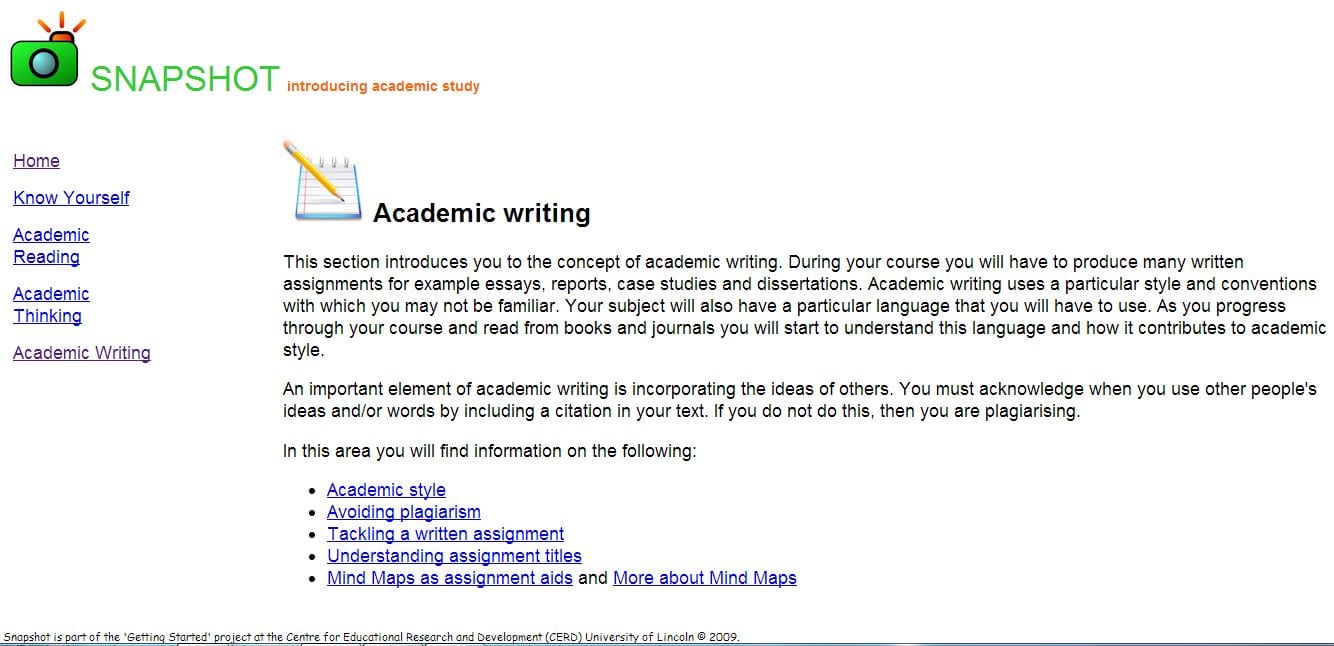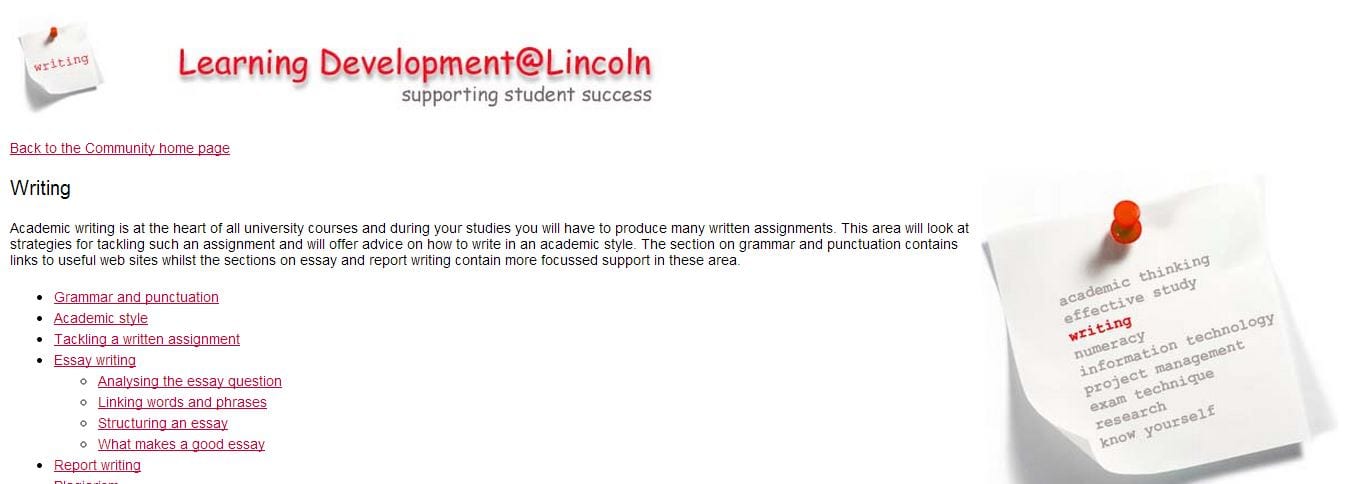Last month I wrote about social media and the question of blogging has continued to call for answers. Why blog? What’s a rubber dock got to do with it? A comment on the post Imagine Baudrillard on Twitter suggests blogs may soon be old news – too long too boring 🙁 This was food for thought on the haul up and down the A15. Commuting is a great place for head space.
I’m MOOCing again. This time it’s e-leaning ecologies with Coursera. Dipping in and out with curiosity, looking for ideas for TELEDA and swapping notes with other e-learners interested in e-teaching. It strikes me how similar the resources promoting the benefits of educational technology are to those written over a decade ago, like Diana Laurillard’s Rethinking University Teaching (2001) or Garrison and Anderson’s e-learning in the 21st century (2003). I’ve just read an article by Graham Rogers on the use of technology in History written in 2004. Cited by Sage* as the second most read article in 2006, it could have been written today. Maybe blogs have some answers to promoting shifts to virtual practice.
 The blog derives from web-log – lists of ‘interesting’ websites for sharing. It supports reflection. What did I do, how did I do it, what did I learn? Blogging helps make individual thought processes visible. A bit like having a mirror on the internet; one which surfaces your reflections on connections between new and existing ideas. Known as deeper approaches to learning, the process can reveal new ways of seeing – the ‘I get it’ moment which is meaningful on an individual level. While early adopters were making claims for the promise of technology to harness more effective ways of learning, they were heralding the potential of virtual space for what the Coursera MOOC has introduced as collaborative/reflexive rather than didactic/mimetic education. What has the duck got to do with it?
The blog derives from web-log – lists of ‘interesting’ websites for sharing. It supports reflection. What did I do, how did I do it, what did I learn? Blogging helps make individual thought processes visible. A bit like having a mirror on the internet; one which surfaces your reflections on connections between new and existing ideas. Known as deeper approaches to learning, the process can reveal new ways of seeing – the ‘I get it’ moment which is meaningful on an individual level. While early adopters were making claims for the promise of technology to harness more effective ways of learning, they were heralding the potential of virtual space for what the Coursera MOOC has introduced as collaborative/reflexive rather than didactic/mimetic education. What has the duck got to do with it?
Rubber ducking is the epitome of blogging. It works like this. You have a problem. You ask a question. As you’re talking the answer comes to you so rather than constantly revealing what you don’t know or have forgotten to colleagues, you talk to your duck instead. The phenomena belongs to the process of debugging programme code and demonstrates the magic of verbalisation. The mind gets crowded. Sometimes you have to extract the problem from its cognitive space and put it into reality. In doing so the answer becomes clear and the duck never laughs at you.
Blogging is like rubber ducking. It’s a place for cognitive extraction. The process of fine tuning edits the superfluous to reveal core insights. It’s also about writing discipline. Set a word count and get your point across in x words or less. Or ramble in a text document then extract key issues. Blogging can be a powerful tool for introducing virtual spaces, supporting interaction and demonstrating evidence of learning – good for building digital literacies too. I hope blogging stays. It’s got a lot to offer. Honestly, talk to the duck. It works every time 🙂
—————————————————————————————————————————————————–
* http://alh.sagepub.com/reports/mfr7.dtl
References
Garrison, R. and Anderson, T. (2003) E-learning in the 21st Century: A Framework for Research and Practice. Psychology Pess.
Laurillard, D. (2001) Rethinking University Teaching: A Conversational Framework for the Effective Use of Learning Technologies. London: Routledge
Rogers, G. (2004) History, learning technology and student achievement: Making the difference? In Active Learning in Higher Education Nov 01, 2004 5: 232-247
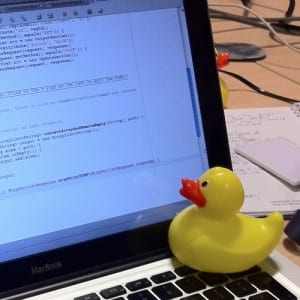


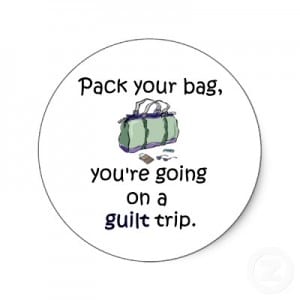
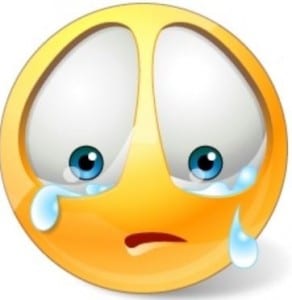



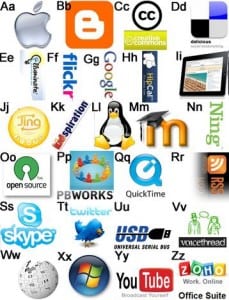 I’ve been promoting e-teaching as a partner to e-learning. A colleague shared a
I’ve been promoting e-teaching as a partner to e-learning. A colleague shared a 

